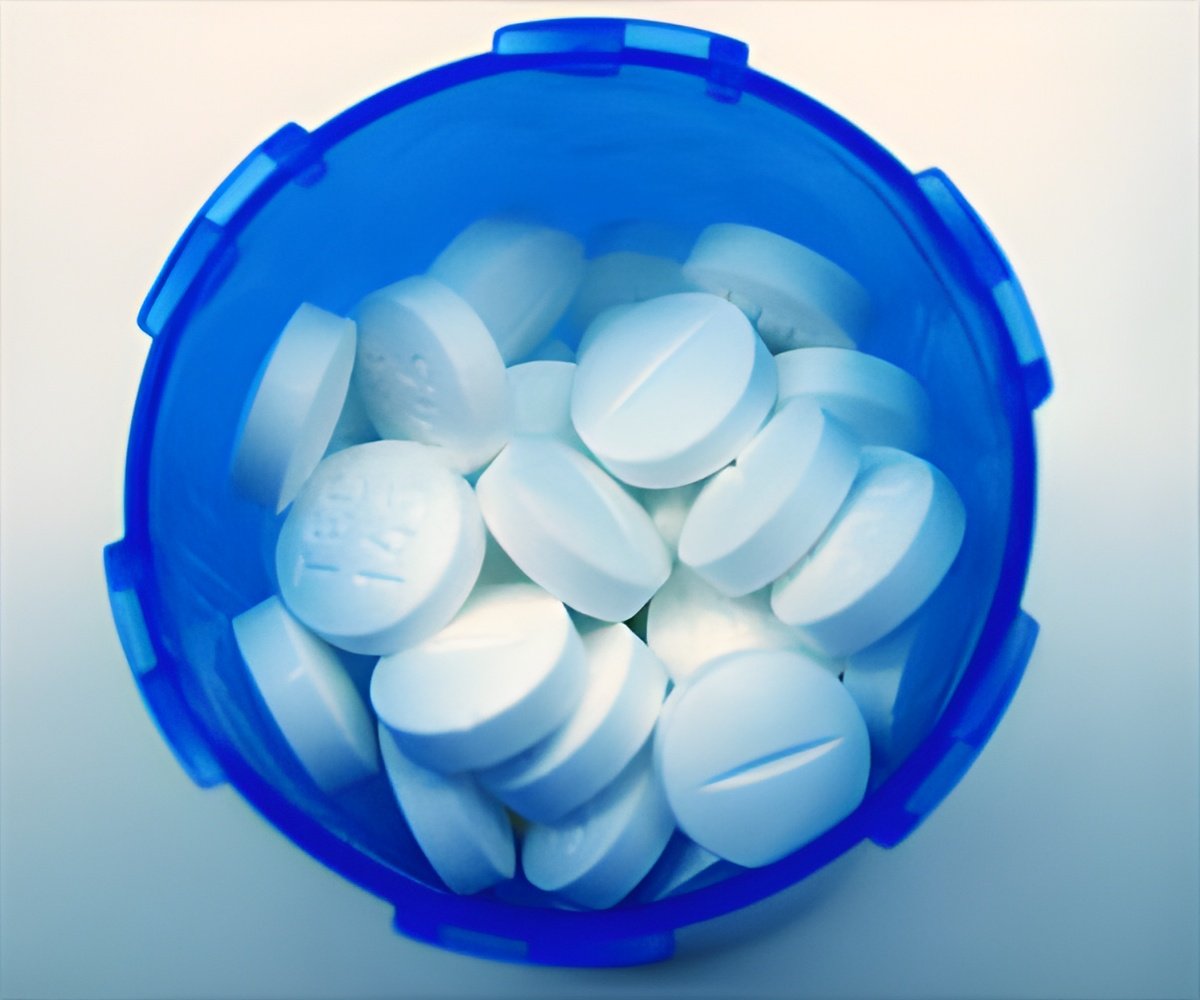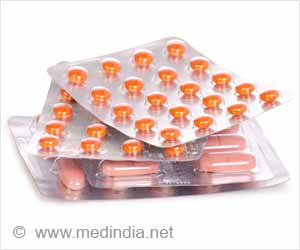Antibiotic resistance in Klebsiella pneumoniae is of increasing concern in Europe, revealed researchers.

‘More than one third of the isolates reported to European Center for Disease Prevention and Control for 2015 were resistant to at least one of the antibiotic groups under surveillance.’





While antibiotic
consumption in hospitals significantly increased in several EU Member
States, antibiotic consumption in the community decreased in six EU
Member States.Vytenis Andriukaitis, European Commissioner for Health and Food Safety, said, "Antibiotic resistance is one of the most pressing public health issues of our time. If we don't tackle it, we can go back to a time when even the simplest medical operations were not possible, and organ transplants, cancer chemotherapy or intensive care even less so". He added, "The European Commission will launch a new Action Plan next year so that we can, together with our partners in the EU Member States and internationally, continue to ensure that the prevention and control of antibiotic resistance is strengthened within a one-health approach".
ECDC Acting Director, Dr. Andrea Ammon, said, "Antibiotic resistance in Klebsiella pneumoniae is of increasing concern in Europe. More than one third of the isolates reported to ECDC for 2015 were resistant to at least one of the antibiotic groups under surveillance, and combined resistance to multiple antibiotic groups was common. Moreover, the emergence of K. pneumoniae infections with combined resistance to carbapenems and colistin is worrisome and an important warning that options for treatment are now even more limited than in the past".
Dr. Ammon added, "However, the decrease of antibiotic consumption in the community in six countries is a positive sign and shows that we are starting to use antibiotics more prudently. Prudent use of antibiotics is pivotal, both in the community and in hospitals, to ensure that these drugs remain effective".
ECDC's data also show that antibiotic resistance in Escherichia coli, one of the most frequent causes of bloodstream infections and community- and healthcare-associated urinary tract infections, requires close attention as the percentages of isolates resistant to commonly used antibiotics continues to increase throughout Europe. In contrast, the percentage of meticillin-resistant Staphylococcus aureus (MRSA) showed a significantly decreasing trend at EU/EEA level between 2012 and 2015. Despite this positive development, MRSA remains a public health priority as eight out of thirty countries reported percentages above 25%.
Advertisement
Activities promoting prudent use of antibiotics are organised in more than 40 countries across the European Region during the week of November 18, 2016, to mark European Antibiotic Awareness Day. ECDC works jointly with the World Health Organization (WHO) Regional Office for Europe, and partners World Antibiotic Awareness Week.
Advertisement
Following the success of last year's 24-hour Global Twitter conversation on antibiotic resistance and prudent use of antibiotics around the world, ECDC is again coordinating a Global Twitter conversation on 18 November, 2016, hosted jointly by participating organizations from Australia, Canada, New Zealand, the United States, and WHO Headquarters and the WHO Regional Offices. The hashtags that will be used are #AntibioticResistance and #EAAD2016.
Source-Eurekalert















